Birds bring joy, companionship, and vibrant energy to our homes. As intelligent and emotionally complex creatures, they form strong bonds with their human caregivers and experience a range of emotions. Just like humans, birds can suffer from depression when their physical, social, or psychological needs aren’t being met. Recognizing the signs of avian depression is crucial for responsible pet owners, as birds often mask illness or distress until conditions become severe. This article explores the common indicators of depression in pet birds and offers practical solutions to help your feathered friend regain their natural vitality and happiness.
Understanding Avian Depression

Avian depression isn’t just a casual term for a bird having a bad day—it represents a genuine psychological state that can significantly impact your bird’s health and quality of life. Birds are remarkably intelligent animals with emotional complexities that science is only beginning to fully understand. When experiencing depression, birds exhibit behavioral and physical changes that deviate from their normal patterns. These changes often stem from environmental stressors, social isolation, inadequate mental stimulation, or underlying health issues. Understanding that birds can experience emotional distress is the first step toward helping them recover. Unlike humans who might verbalize their feelings, birds rely entirely on behavioral and physical cues to communicate their emotional state, making it essential for owners to become adept at reading these subtle signals.
Decreased Vocalization

One of the most noticeable signs of depression in birds is a significant decrease in their usual vocalizations. Birds are naturally vocal creatures who communicate through songs, calls, and chatter throughout the day. When a normally talkative parrot or a singing canary suddenly becomes quiet, it often signals emotional distress or depression. This silence is particularly concerning if it persists for more than a couple of days without any obvious cause. Some depressed birds might still vocalize but change their patterns—perhaps making lower, monotonous sounds rather than their typical varied repertoire. Pay special attention to birds who were previously vocal during certain daily activities, such as greeting you in the morning or singing during playtime, but have now fallen silent during these moments.
Loss of Appetite

A depressed bird often shows reduced interest in food, which can be particularly dangerous given birds’ high metabolisms. You might notice food dishes remaining full throughout the day, favorite treats being ignored, or a general disinterest during feeding times. Weight loss frequently accompanies this symptom, so regularly monitoring your bird’s weight can help detect depression early. Some birds may continue eating but show reduced enthusiasm or selectivity, perhaps only eating certain favorite foods while ignoring their regular diet. This selective eating can lead to nutritional deficiencies that compound the problem. Because birds can quickly become critically ill from not eating, any significant change in appetite warrants immediate attention and potentially a veterinary examination to rule out physical illness.
Excessive Sleeping or Lethargy

While birds naturally require significant rest, depressed birds often sleep excessively beyond their normal patterns. You might notice your bird sleeping during times they would typically be active, remaining in a hunched sleeping position for extended periods, or being difficult to rouse during daytime hours. A healthy bird should be alert, curious, and engaged during daylight hours, with periods of activity interspersed with short rest periods. Depressed birds may also display a general lethargy even when awake—moving slowly, showing reluctance to fly or climb, or appearing uninterested in their surroundings. This lethargy might be mistaken for calmness by inexperienced owners, but it represents a significant behavioral change that indicates your bird isn’t feeling its best. If your once-energetic companion now spends most of the day with their head tucked under their wing, depression could be the culprit.
Feather Plucking or Poor Grooming

Depression often manifests physically through changes in a bird’s grooming habits and feather condition. Healthy birds are meticulous groomers who spend considerable time each day maintaining their feathers. A depressed bird may neglect this essential activity, resulting in disheveled, dirty feathers or an overall unkempt appearance. More concerning is when birds begin plucking their feathers as a response to emotional distress, creating bare patches on their bodies that can lead to skin damage and infection. This self-destructive behavior often begins with over-preening certain areas until feathers break or are pulled out entirely. Some birds may develop more severe manifestations of this behavior, including self-mutilation by chewing their skin. While feather plucking can have medical causes, it frequently stems from psychological distress and requires addressing both the emotional and physical aspects of your bird’s health.
Aggressive Behavior or Fearfulness

Birds experiencing depression may undergo significant personality changes, including newfound aggression or uncharacteristic fearfulness. A previously friendly bird might suddenly bite, lunge, or display territorial behaviors toward family members they once trusted. Conversely, some birds become abnormally fearful, retreating to the back of their cage when approached or showing panic responses to normal household activities. These behavioral changes often reflect the bird’s emotional distress and diminished sense of security. Aggression might stem from frustration or anxiety, while fearfulness can indicate a loss of confidence or trust in their environment. Both responses represent the bird’s attempt to cope with their negative emotional state. Recognizing these changes early is crucial, as entrenched behavioral problems become increasingly difficult to resolve the longer they persist.
Reduced Interest in Play and Toys

Happy, healthy birds are naturally playful and curious, regularly engaging with toys and environmental enrichment. When depression sets in, this playfulness often disappears, with toys remaining untouched and play invitations ignored. You might notice previously favorite toys gathering dust, foraging activities abandoned, or a general disinterest in novelty items that would normally provoke excitement. This withdrawal from play reflects the bird’s diminished capacity for joy and engagement—hallmark symptoms of depression. Some birds may still occasionally interact with toys but without their usual enthusiasm or creativity. This reduced play drive not only indicates emotional distress but also contributes to the cycle of depression by decreasing mental stimulation and physical activity. Monitoring your bird’s interest in toys and play provides valuable insight into their emotional wellbeing.
Changes in Social Behavior

Birds are highly social creatures that form strong bonds with their human caregivers and, in some cases, other household pets. Depression often manifests through changes in these social dynamics and interaction patterns. Your once-affectionate companion might avoid being handled, refuse to step up onto your hand, or no longer seek out physical contact like head scratches or cuddling. Some birds withdraw completely, preferring to stay in remote corners of their cage rather than engage with family activities. Others may become clingy and excessively dependent, showing separation anxiety when their preferred person leaves the room. In multi-bird households, you might notice a depressed bird isolating itself from flock activities or being excluded by other birds due to its altered behavior. These social changes reflect the bird’s emotional struggle and often signal a need for intervention.
Environmental Enrichment Strategies

Addressing depression in birds frequently requires enhancing their environment to provide greater mental and physical stimulation. Begin by evaluating your bird’s living space—the cage should be appropriately sized, allowing full wing extension and multiple perches at different heights and textures. Introduce a rotation of various toys that encourage different behaviors: foraging toys that make your bird work for treats, puzzle toys that challenge their problem-solving abilities, and destructible items that satisfy natural chewing instincts. Natural branches, safe plants, and varying perches create a more dynamic environment that mimics aspects of their natural habitat. Consider creating out-of-cage play areas where your bird can safely explore and exercise more freely. Rearranging cage components periodically prevents boredom while maintaining some familiar elements to preserve a sense of security. The goal is to create an engaging environment that stimulates your bird’s natural behaviors and intelligence, helping to alleviate the monotony that often contributes to depression.
Increasing Social Interaction

Birds are fundamentally social creatures who thrive on regular, meaningful interaction with their human flock members. For a depressed bird, increasing quality social time can be transformative. Establish a consistent daily routine of direct interaction—talking to your bird, including them in family activities, and providing dedicated one-on-one attention. Even busy households can incorporate their bird into daily life by placing the cage in central living areas where the bird can observe and participate in family activities. For working owners, consider multiple shorter interactions throughout the day rather than one longer session. These might include morning greetings, brief training sessions, shared meals, or quiet evening time together. For some species, particularly those that naturally live in flocks, a carefully introduced avian companion might help alleviate loneliness. However, adding another bird requires careful consideration of species compatibility, adequate space, and proper introduction techniques. The quality of social interaction matters as much as quantity—engaged, positive interactions that respect the bird’s preferences will be most beneficial for their emotional recovery.
Dietary Improvements

Nutrition plays a crucial role in avian mental health, with poor diet potentially contributing to or exacerbating depression symptoms. Evaluate your bird’s current diet and consider consulting an avian veterinarian for species-specific recommendations. Most pet birds benefit from a varied diet that includes high-quality pellets as a nutritional foundation, supplemented with fresh vegetables, limited fruits, and occasional healthy proteins. Introduce nutritional variety through different colored vegetables, which provide various phytonutrients that support brain health and emotional regulation. Make mealtimes more engaging by creating foraging opportunities that stimulate natural behaviors—hiding food in toys, wrapping it in bird-safe paper, or using puzzle feeders that require problem-solving. Some birds benefit from sprouted seeds, which offer enhanced nutritional profiles compared to dry seeds. Omega-3 fatty acids, found in certain seeds like flax and chia, may support brain health and potentially improve mood. Ensuring proper hydration is equally important, with clean, fresh water available at all times. Remember that dietary changes should be made gradually to prevent digestive upset and food rejection.
Positive Reinforcement Training

Implementing regular training sessions using positive reinforcement techniques can significantly improve a depressed bird’s mental state. Training provides mental stimulation, builds confidence, and strengthens the bond between bird and owner. Begin with simple behaviors your bird already knows or can easily learn, ensuring success and positive experiences. Use small, healthy treats, enthusiastic praise, or other rewards your bird values to reinforce desired behaviors immediately after they occur. Keep sessions short (5-10 minutes) but frequent, ending on a positive note before your bird becomes frustrated or disinterested. Target training—teaching your bird to touch a specific object with their beak—is an excellent foundation skill that can lead to more complex behaviors. Clicker training, where a distinct clicking sound marks the exact moment of correct behavior, can be particularly effective for precise communication. Beyond the mental benefits, training practical behaviors like stepping up, returning to the cage, or accepting handling makes daily care easier and less stressful for both bird and owner.
Light, Sound, and Sleep Considerations

The environmental factors of light, sound, and sleep cycles significantly impact avian emotional health and can contribute to or alleviate depression. Birds naturally synchronize their biological rhythms with daylight, requiring 10-12 hours of darkness for proper rest and 12-14 hours of appropriate light during waking hours. Inconsistent lighting, exposure to artificial light in evening hours, or cages positioned in rooms with late-night activity can disrupt these natural cycles and contribute to stress. Consider using timers on room lights or bird-specific full-spectrum lighting to maintain consistent day-night patterns. Similarly, sound environment matters—while complete silence is unnatural for most bird species, excessive or startling noises can create chronic stress. Background sounds like gentle music, nature recordings, or normal household activities at moderate volumes can provide comforting auditory enrichment. Some birds benefit from having their cage partially covered at night to create a secure sleeping environment, though practices should be tailored to your specific bird’s preferences. Creating a consistent, biologically appropriate environment for light exposure and sleep can help restore your bird’s natural rhythms and improve their emotional state.
When to Seek Veterinary Care

While behavioral and environmental interventions are often effective for mild depression, it’s crucial to recognize when professional veterinary care becomes necessary. Any significant changes in your bird’s behavior warrant a veterinary examination to rule out underlying medical conditions that might mimic depression symptoms. Physical illness and emotional distress frequently present with similar signs in birds, including lethargy, reduced appetite, and decreased vocalization. Seek immediate veterinary attention if your bird shows severe symptoms such as difficulty breathing, significant weight loss, balance problems, or complete cessation of eating. A qualified avian veterinarian can perform appropriate diagnostic tests, including blood work, cultures, and imaging, to identify or rule out medical causes. Some avian veterinarians work in conjunction with animal behaviorists who specialize in birds and can provide additional insights into psychological aspects of your bird’s condition. In certain cases, veterinarians might prescribe medications to address severe anxiety or depression, though this approach is typically considered after ruling out physical illness and attempting environmental modifications.
Creating Long-Term Happiness

Helping your bird overcome depression requires not just addressing immediate symptoms but establishing a foundation for long-term emotional wellbeing. This means creating a lifestyle that consistently meets your bird’s physical, social, and psychological needs. Develop a comprehensive care routine that includes regular health check-ups, appropriate nutrition, daily social interaction, environmental enrichment, and opportunities for natural behaviors like flying, climbing, and foraging. Pay attention to your bird’s individual preferences and personality, as each bird has unique needs and responses to different enrichment strategies. Recognize that your bird’s requirements may change throughout their life as they age or experience environmental changes. Educate yourself continuously about your specific bird species through reputable books, avian organizations, and experienced aviculturists. Consider keeping a journal to track your bird’s behavior, preferences, and responses to different interventions, which can help identify patterns and effective strategies. With consistent, knowledgeable care that respects your bird’s nature as an intelligent, social creature, you can help your feathered companion maintain emotional health and experience the joy and engagement that characterizes a well-adjusted bird.
Birds communicate their emotional state primarily through behavior, making it essential for responsible owners to recognize the signs of depression. By understanding these indicators and implementing appropriate environmental, social, and nutritional changes, you can help your feathered friend recover their natural vitality. Remember that birds are complex, sentient beings with emotional needs that must be met for their overall wellbeing. While addressing depression requires patience and consistency, the reward of seeing your bird return to their cheerful, engaged self makes every effort worthwhile. When in doubt, always consult with an avian veterinarian who can help determine whether your bird’s symptoms stem from physical illness or psychological distress. With attentive care and appropriate interventions, most birds can overcome depression and enjoy a fulfilling life as beloved family companions.

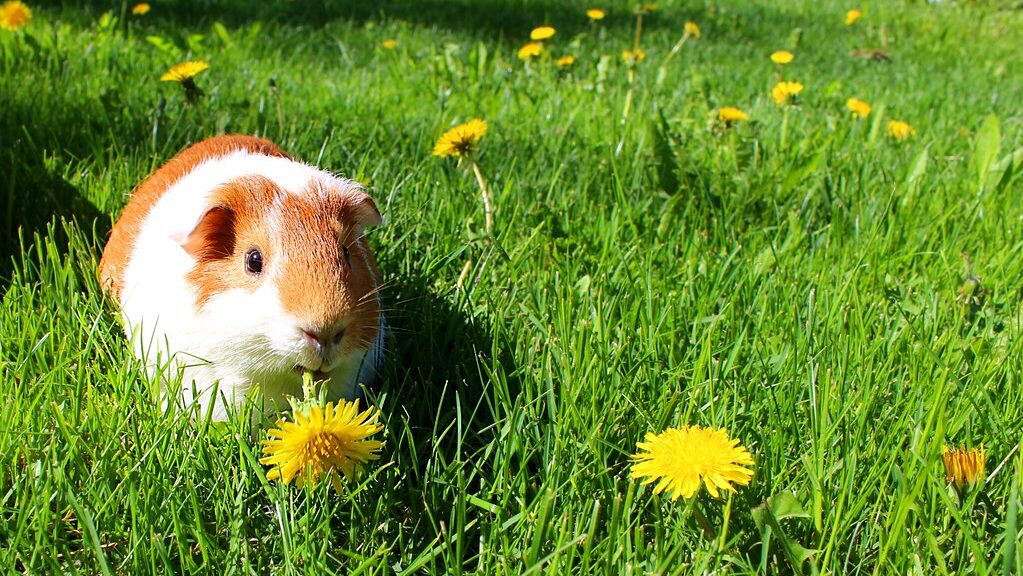
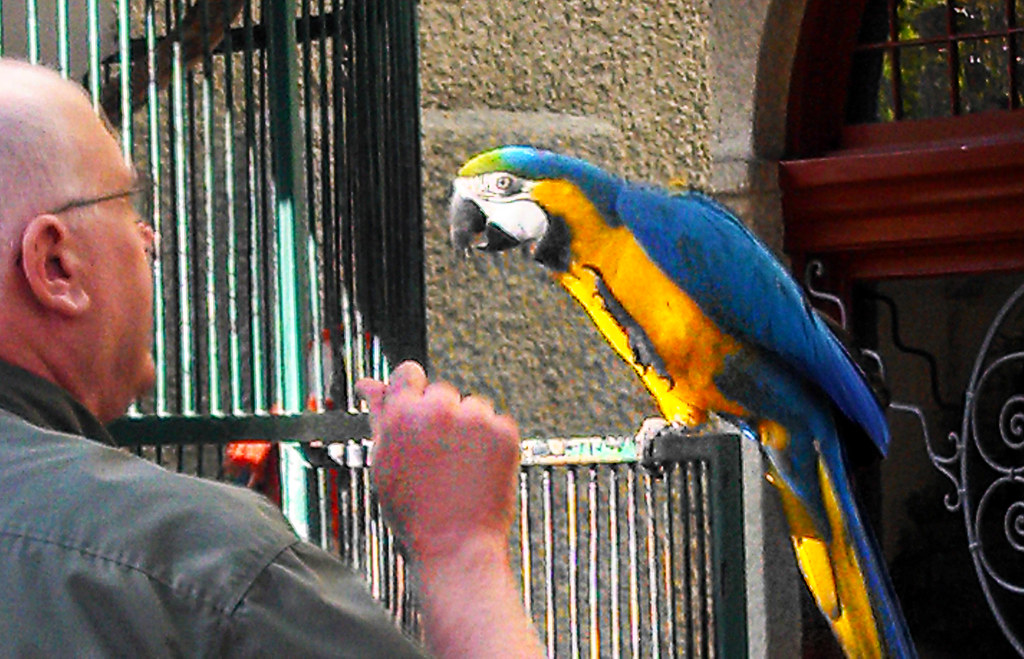
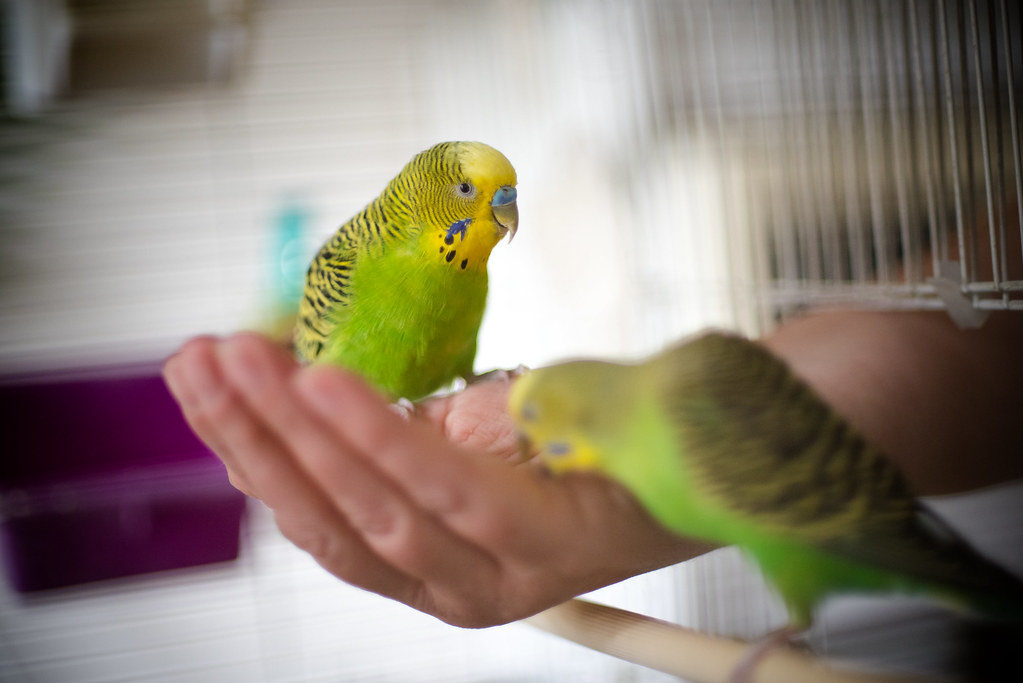
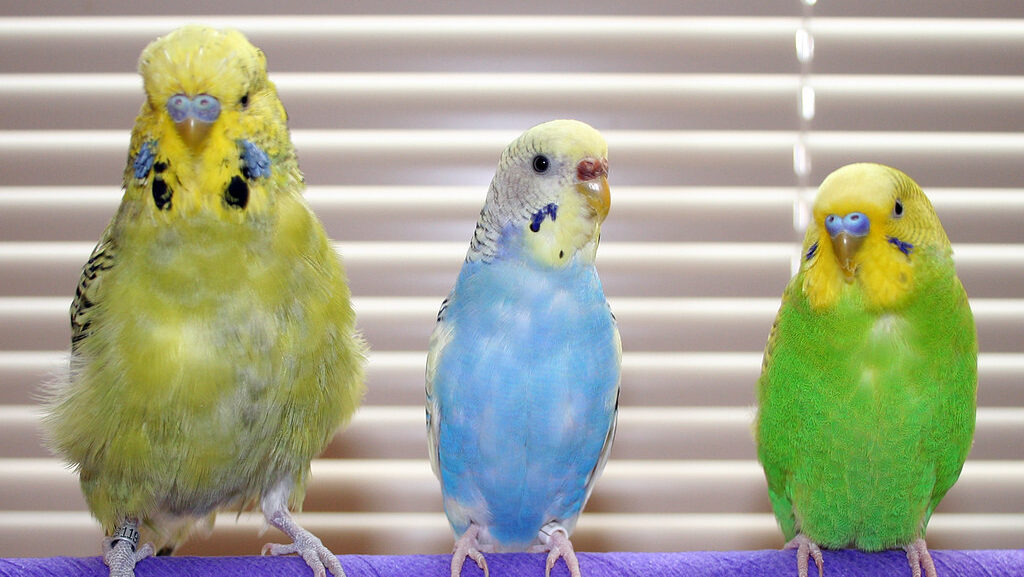
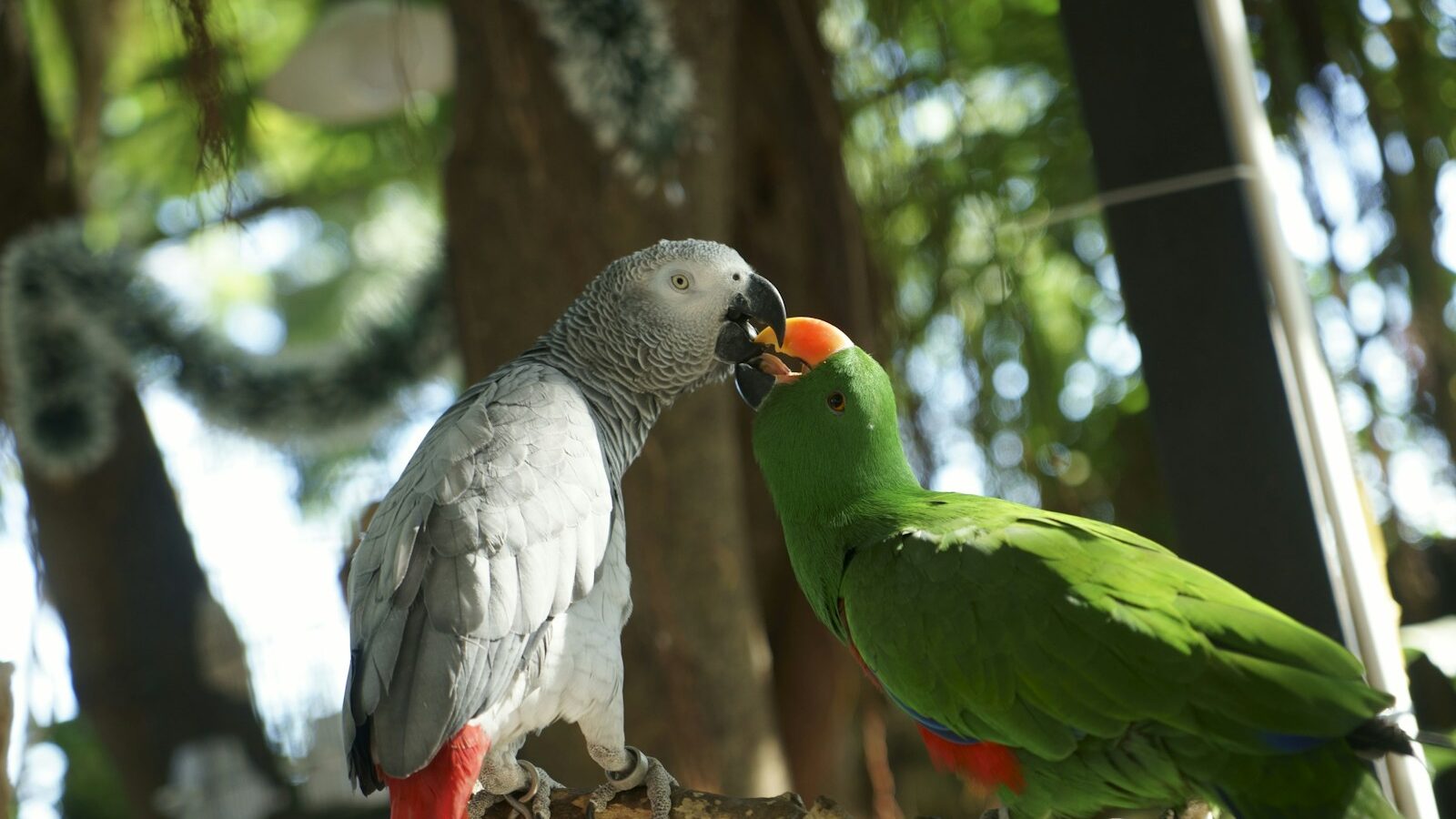
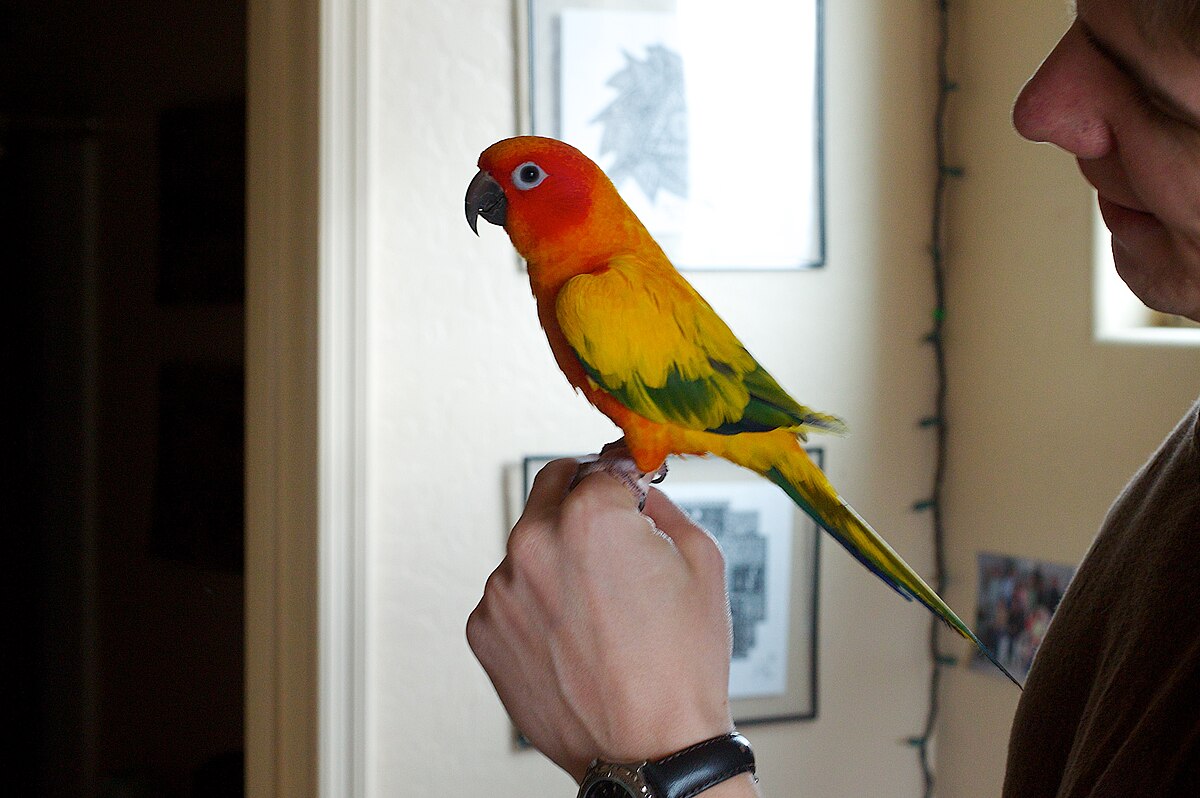
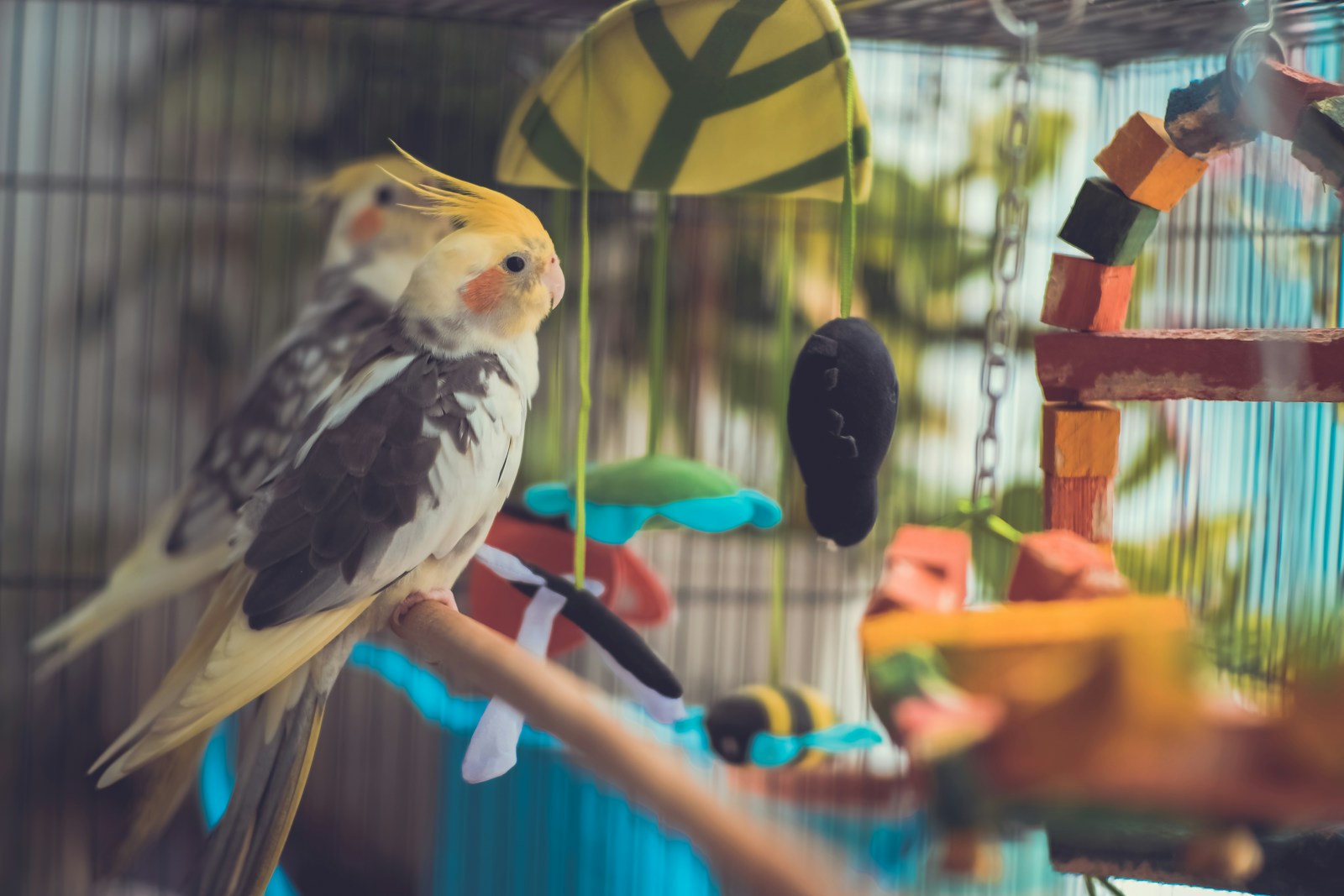
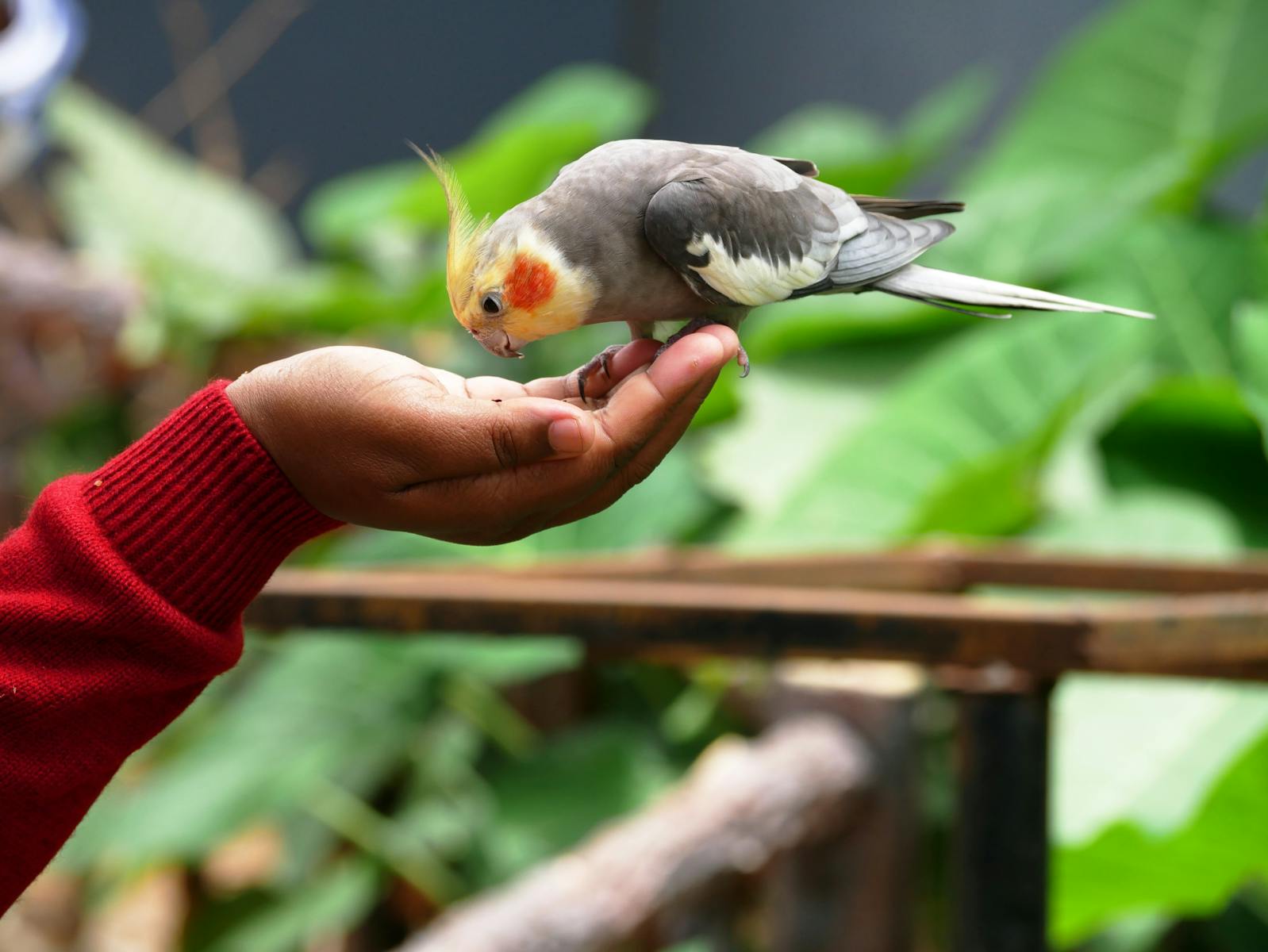
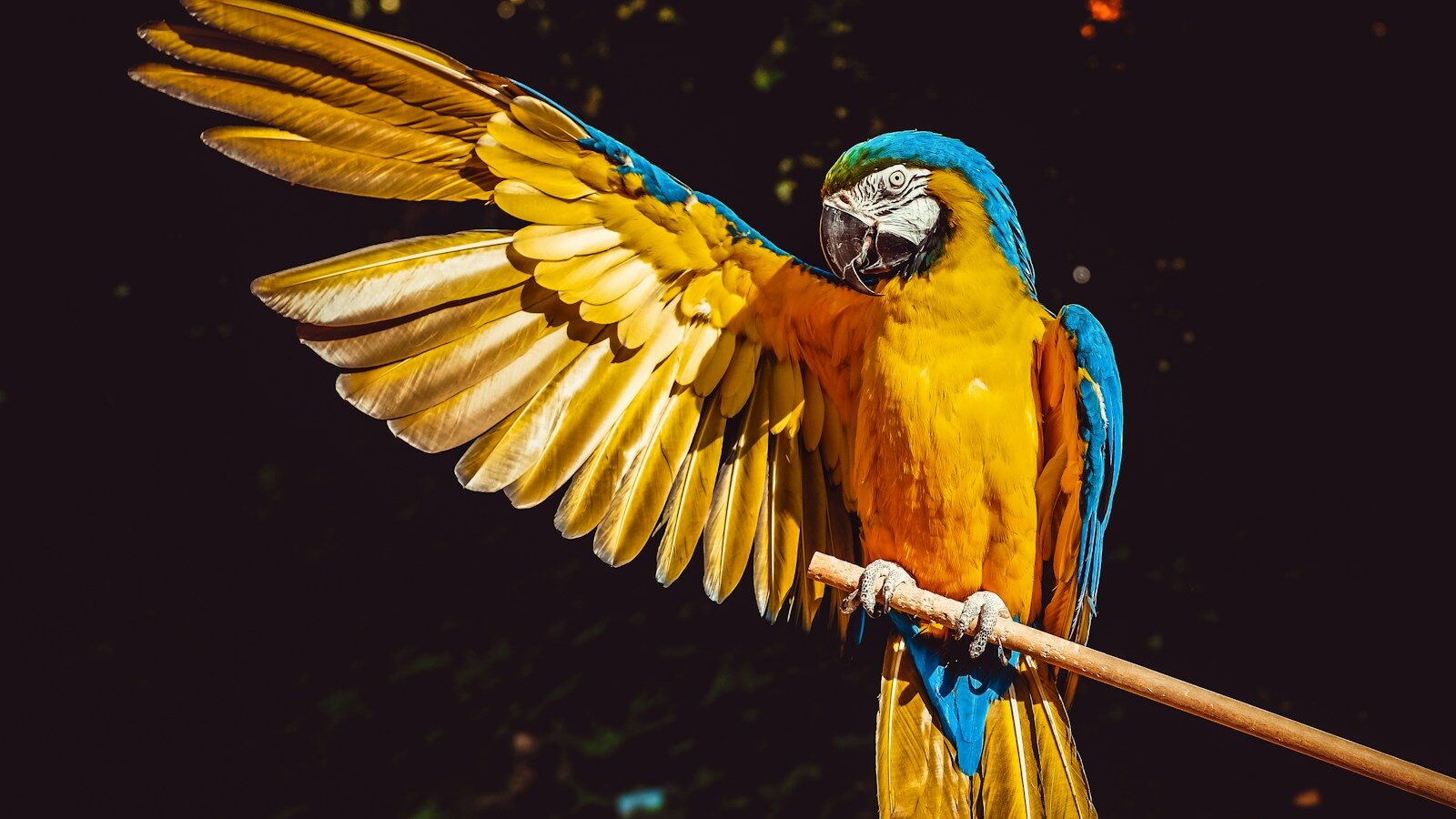

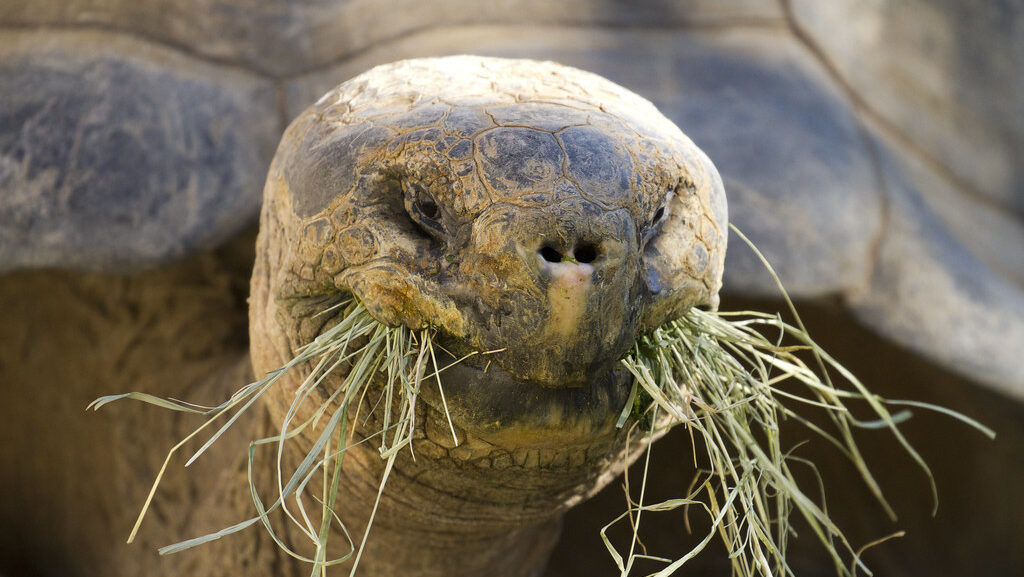
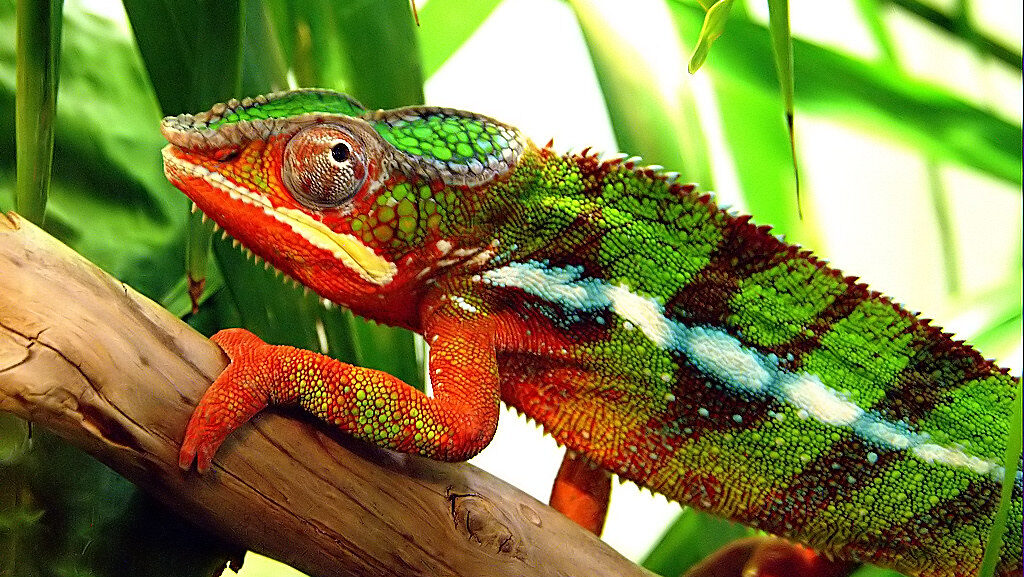
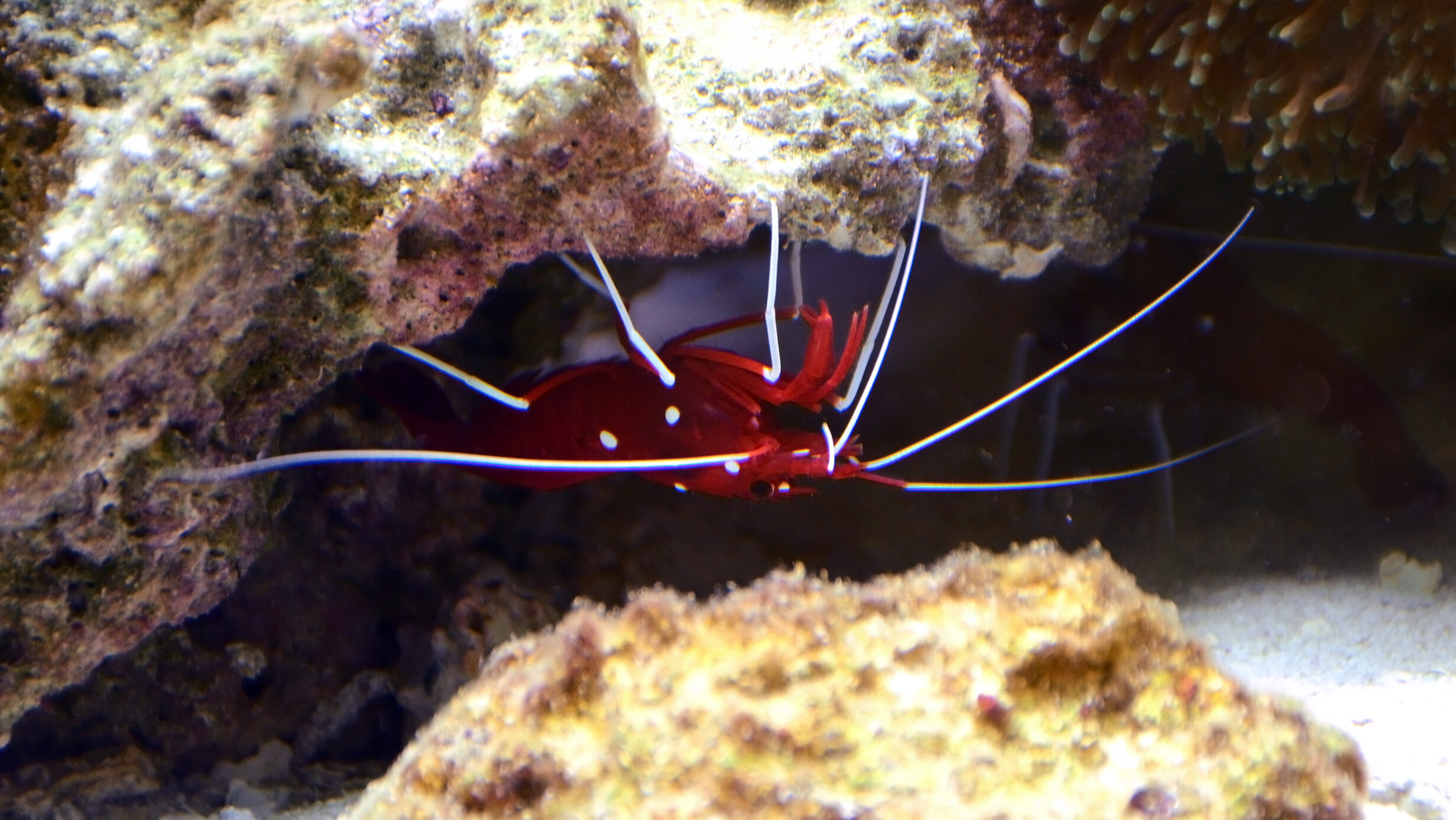
Leave a Reply